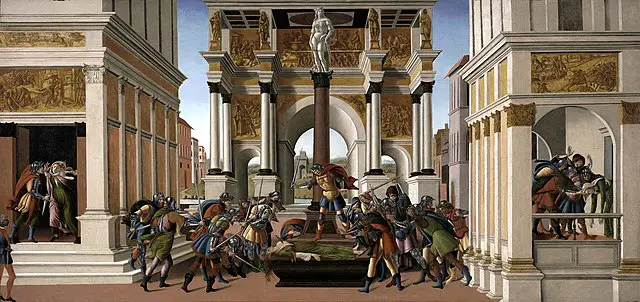
The Roman Republic was a representative democracy at its core. The people of Rome in theory would elect representatives that ruled over them under the guidance of the Roman Senate. However, this representative democracy failed for several major reasons.
The Roman Republic failed as a representative democracy for 3 major reasons. First, over time population growth destabilized the balance of power between the popularis and opitimates political factions. Second, during the late Roman Republic the Roman military was no longer representative of the people. Third, there was a major flaw in the government of the Roman Republic.
The Roman Republic lasted from 509 BC up through the rise of the Empire in 27 BC. During this time period, the power of the people of Rome was significantly higher than at any point in Rome’s history. The government of the Republic was built from the ground up to be representative of the people of Rome, however, it failed in a couple of major regards.
Here at The History Ace, I strive to publish the best history articles on the internet. If in the end, you enjoyed this article then consider subscribing to the free newsletter and sharing it around the web.
Without further ado, here is why the Roman Republic failed as a representative democracy.
Population Growth Would Destabilise The Delicate Power Dynamic Between The People And The Senate
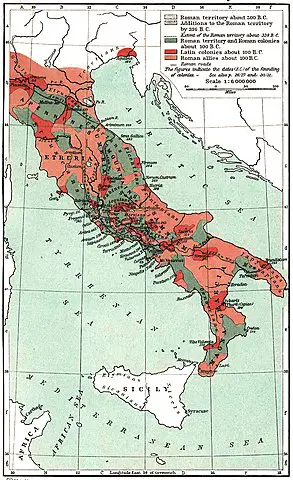
One of the major reasons why the Roman Republic failed as a representative democracy is because of the massive population growth in the city that occurred during the late Roman Republic.
Initially, the Roman People were only the literal people of the city of Rome. All of the provinces were conquered territories that in many ways were client states instead of Roman states. The people of these provinces had almost no say in the state of the Republic and could not vote.
However, as time went on these people wished to gain enfranchisement in the Roman state. In 91 BC a 4-year civil war broke out where Rome eventually conceded and gave Roman citizenship to the surrounding Italian cities and states. Now all the Latins in Italy could vote in the Roman Republic.
This presented a problem. Now the power dynamic between the Senate and Roman citizens was destabilized. Before the Senate and people would check each other, now the Republic in many ways was controlled by politicians who could manipulate the Roman crowd.
From 87 BC up to the end of the Republic in 27 BC the population of Rome swelled to massive heights. These people all wanted to have a better life and one of the few ways to accomplish this was to vote in favor of popularis politicians who made material promises to the Roman people.
One such example of a politician would be Lucius Sergius Catilina who in 63 BC managed to convince the horde of Roman poor people both in the city and outside to attempt to overthrow Cicero and the rest of the Roman Senate.
One of the main reasons why the Roman Republic failed as a representative democracy is because of the massive voting population growth that took place during the late Roman Republic. This increase in voters in and outside Rome would encourage popularis politicians to seek ambitious aims.
During The Late Roman Republic The Military Was No Longer Representative Of The People
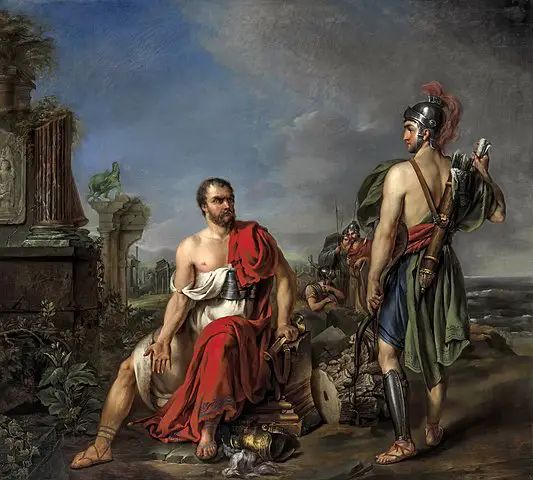
Another reason why the Roman Republic failed as a representative democracy was because during the late Roman Republic the military transitioned from being loyal to the people of Rome and instead was loyal to the generals themselves.
In 107 BC Gaius Marius reformed the Roman Military. Among these reforms was one that made it so that the Roman soldier had to be loyal to the general and not the Roman Republic in order to get their pension and have a retirement.
For the first time in the history of the Roman Republic now the Roman military was no longer representative of the Roman people. If you enlisted in the Roman military during the late Roman Republic you would be completely loyal to your general and not the people or the senate of Rome.
This created a huge destabilization problem for the Republic. All representative democracies in the world have to have a monopoly over lawful violence in their regions. This is why militaries across the modern world are loyal to the government and not individual people.
The Marian Reforms of 107 BC made the Roman Republic a shell of power. Now all of the military might of the Republic was in the hands of a few powerful generals, who were part of the elite senatorial families. Now even if the Roman people voted against going to war an ambitious general could just have his army attack anyways.
Simply put, the Marian Reforms of 107 BC are a major reason why the Roman Republic failed as a representative democracy. Now it would no longer matter if the Roman people voted a certain way, the general would just do what they wanted anyways.
The Major Flaw Of The Roman Republic: The Checks And Balances System Was Flawed
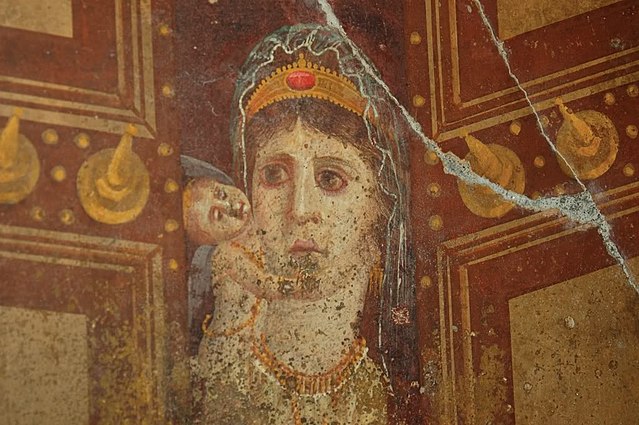
The Roman Republic was built with one major flaw in the checks and balances system present in the Republican government.
The Republican government of Rome was built around the power of the people of Rome. These people would elect two consuls to serve as leaders of the Republic and several Tribunes which served as a check on the power of the Senate and consuls.
This created a checks and balance system which came from the people and went up to the top. However, there was nothing that prevented the top portion of ambitious politicians from conspiring to fill all the political seats and then sideline the power of the people.
Simply put, the Republican government had no way of preventing politicians from stopping other politicians from seizing power. Throughout the Republic as the power of the Roman people grew popularis politicians could easily sway the minds and votes of the Roman people with orators such as Cicero.
The Roman people, believing these politicians, would elect the politician’s friends into power. Once in power, these politicians would form political factions which would seek to become more powerful and wealthy.
This happened twice during the late Roman Republic. Two factions of extremely powerful politicians conspired to fill the most powerful political seats in Rome and then dominate the power of the Republic. This was the first and second Triumverate.
This was the major flaw in the government structure of the Roman Republic. There was nothing in place to prevent politicians from conspiring together to dominate all political power. Because of this the Republic slowly transitioned from a republic to an oligarchy and finally to an Empire.
As such the fact that the Roman Republic could not prevent politicians from conspiring and centralizing power, the Republic would fail as a representative democracy.
Conclusion
There you have it; an entire article dedicated to why the Roman Republic failed as a representative democracy.
The study of the government of the Roman Republic is a fascinating subject. The only reason we know so much about it was that the Romans were amazing record keepers who wrote history far before other parts of the world. However, we still know so little about their history, especially when looking further into the past. Any potential graduate student looking for a great research project should look into researching the middle Republican period of Rome.
I hope you enjoyed this article. Here at The History Ace, I strive to publish the best history articles on the internet. Feel free to sign up for the free newsletter and share it around the internet.
Further, you can check out some of the other articles below.
-
How The American Revolution Changed The World
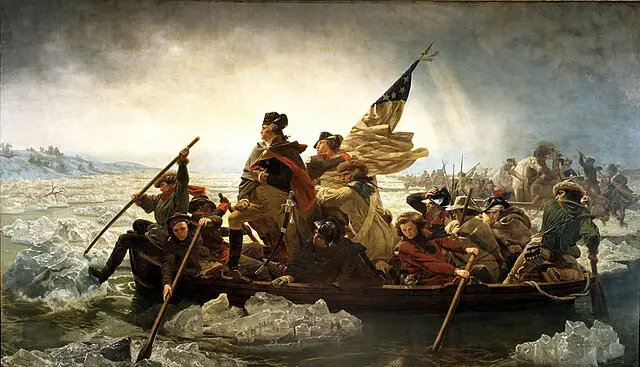
Here is how the American Revolution changed the world. Many people are not aware of just how important this event actually was.
-
Why The Roman People Loved Chariot Racing
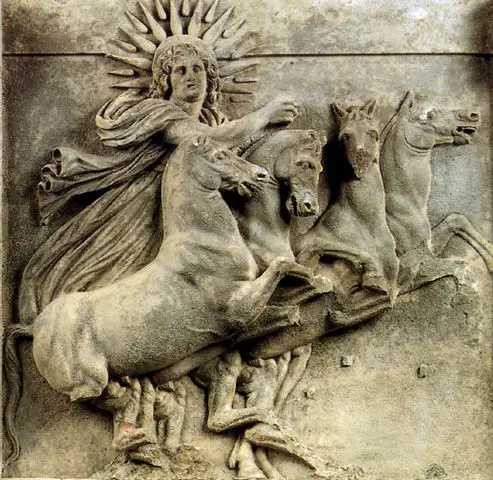
Why did the Roman people love chariot racing? Well it all comes down to these 3 reasons.
-
The Design and Color of Roman Chariots
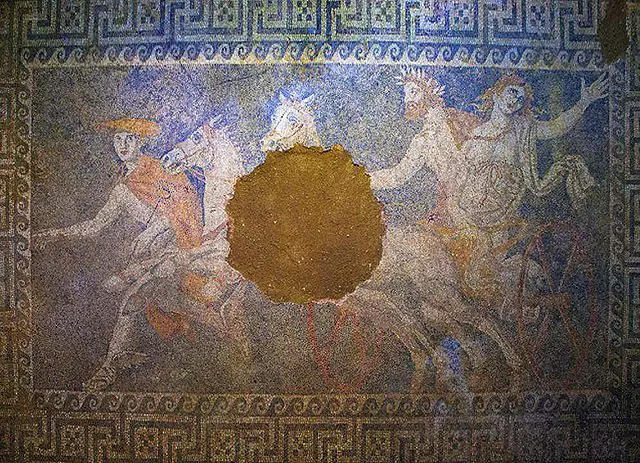
What was the design and color of Roman Chariots? Were they faster or slower then normal chariots? Well here is everything!